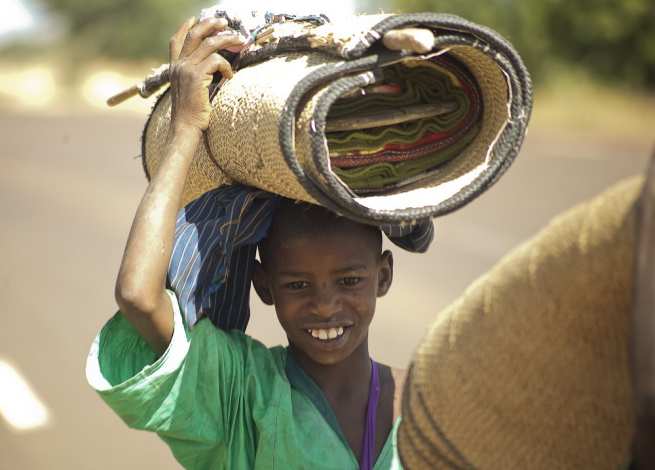
Like other countries in the Sahel, Mali is susceptible to climate variability and is suffering from the impacts of global climate change. According to forecasts, rainfall will fluctuate even more in the future and the frequency of extreme events such as drought or heavy rain will increase. The poorest groups are harder hit by the impacts of climate change because they depend directly on natural resources for their livelihoods.
The "Programme for the Support of the National Adaptation Strategy to Climate Change in Mali" Project will work to strengthen Mali's National Adaptation Strategy, and works in conjunction with other UNDP-supported projects in Mali, including the Supporting Mali to Advance their NAP Process Project.
The main objective of the project is to ensure that ecosystems, social systems and production chains in vulnerable regions of Mali are more resilient to the impacts of climate change thanks to innovative, integrated approaches to climate change adaptation.
- National
- National Governments
- United Nations Development Programme (UNDP)
- Federal Ministry for the Environment, Nature Conservation and Nuclear Safety (BMU)
- United Nations Development Programme (UNDP)
Expected outcomes
Main Objective - Ensure that ecosystems, social systems and production chains in vulnerable regions of Mali are more resilient to the impacts of climate change thanks to innovative, integrated approaches to climate change adaptation.
Mali ratified the United Nations Framework Convention on Climate Change and presented its National Adaptation Programme of Action in 2007. The country has had a national climate policy, a climate strategy and an action plan for implementation since July 2011. At the donor conference held in May 2013 in response to the crisis in Mali, a plan was adopted for the country’s economic reconstruction. Core themes in this plan include the environment, private sector development and agriculture.
In January 2012, the Malian Government created a national climate fund designed to mobilise national and international financing from public and private sources. The government plans to use these funds to increase the population's resilience to the impacts of climate change. The Swedish International Development Cooperation Agency (SIDA) has pledged EUR 4 million to the fund and the Norwegian Government plans to contribute EUR 1.8 million. The Malian Ministry of Environment has asked GIZ to serve on the fund's steering committee as one of five donors.
The project team is working with the Malian partners to integrate climate-related issues into policies and existing planning, strategy development and monitoring instruments. The different levels of decentralisation – central government, regions and municipalities – are taken into account, which ensures that this approach is firmly established throughout the country and that resilience is being increased. Existing processes are being overhauled to take account of adaptation and mitigation potential and, where necessary, new, integrated instruments are being created to promote climate-resistant development.
Municipalities that have successfully integrated climate aspects into their planning instruments are working with the project team to identify and implement activities designed to help them and their residents deal more effectively with the consequences of climate change. This capability is extremely important, particularly when it comes to securing families’ livelihoods. The project team has given women a strong role in this process. Through direct cooperation with the municipalities, both municipal employees and the poor can benefit directly from the measures and pass on the lessons learned to other communities.
The United Nations Development Programme (UNDP) is responsible for three other areas of activity. The network of weather stations is being expanded and capabilities for analysing and using weather data developed. In addition, UNDP supports operationalisation of the climate fund so that it can be incorporated into Mali’s structures. In close consultation with the GIZ project team, UNDP also promotes adaptation measures in selected municipalities.
